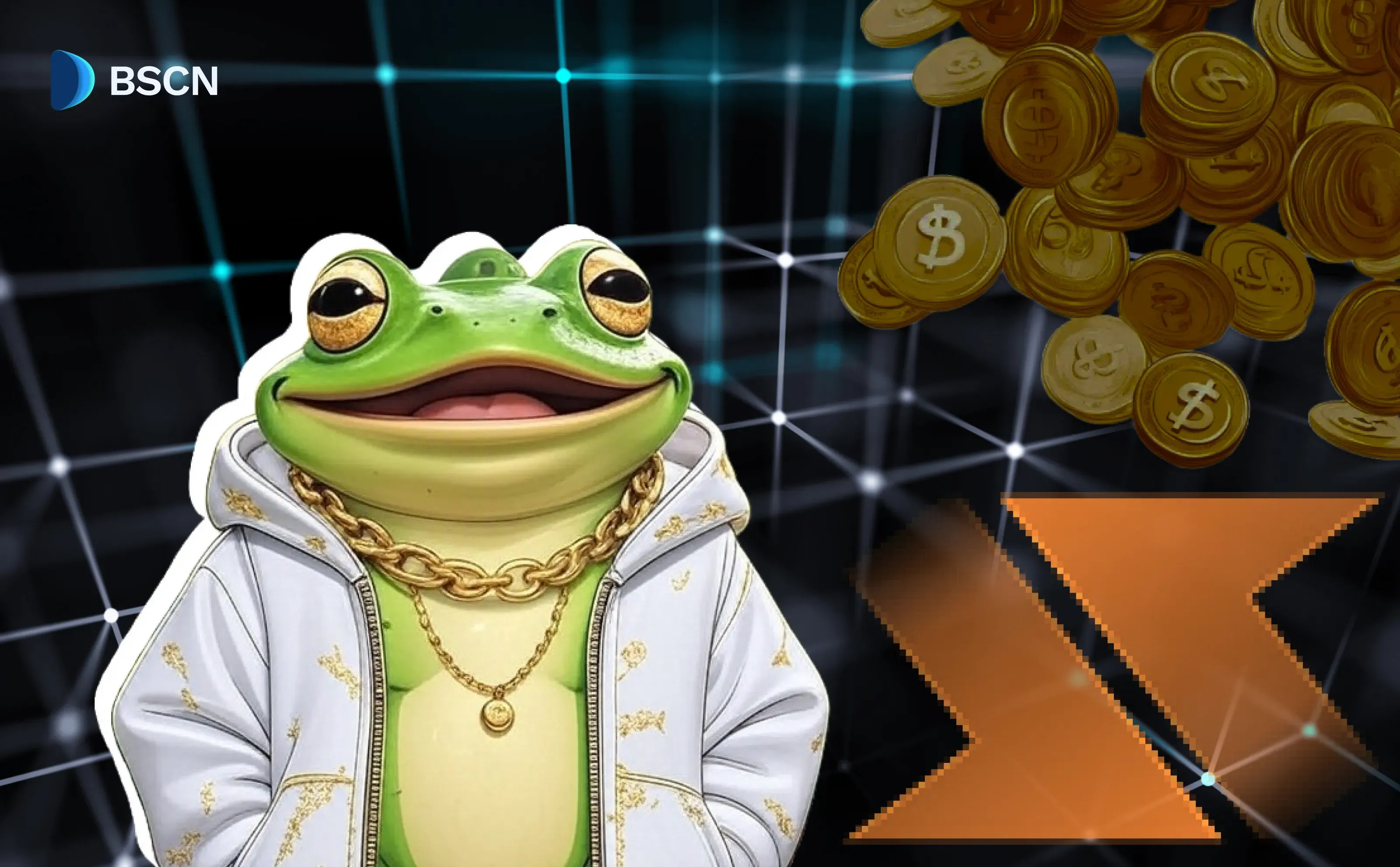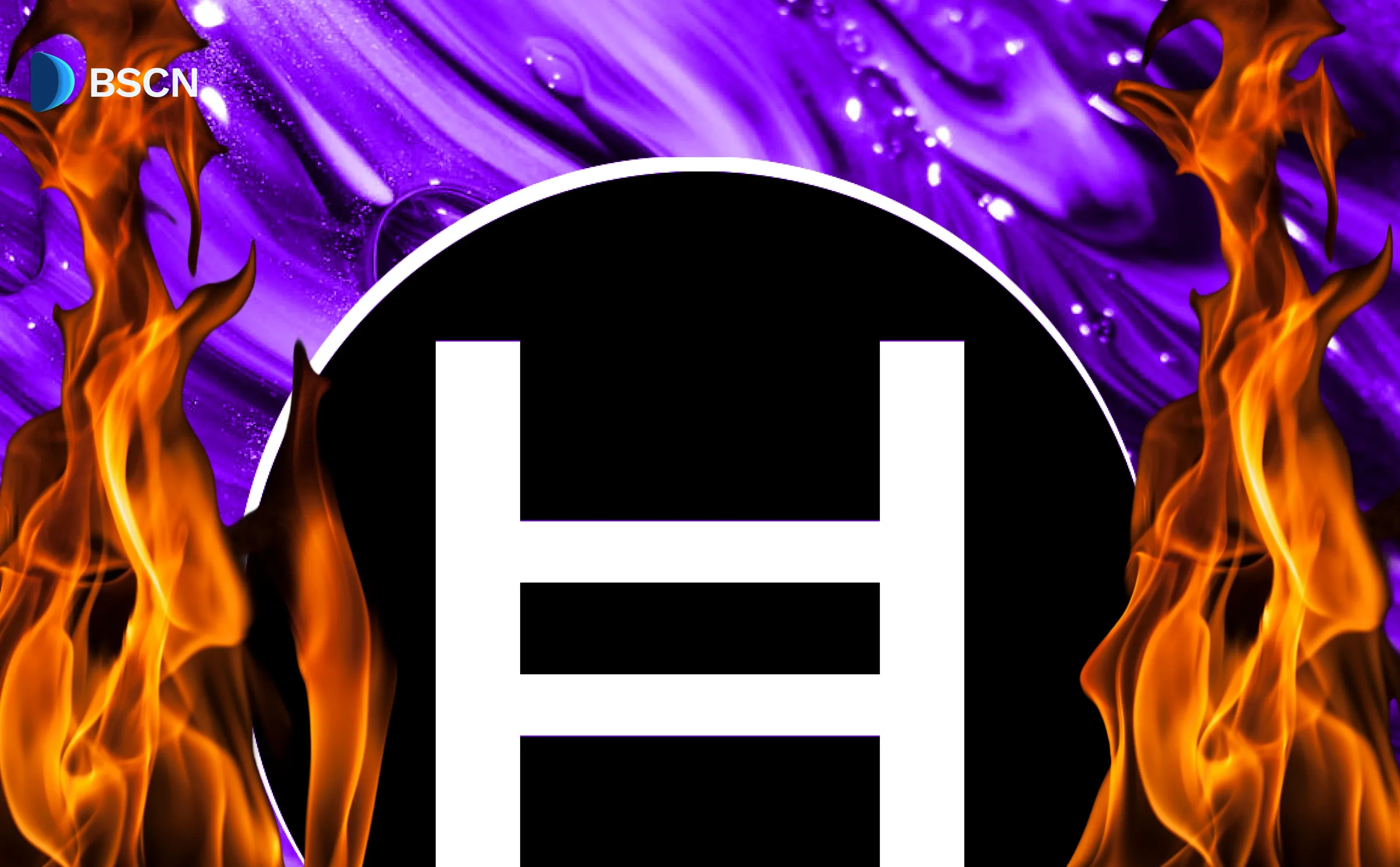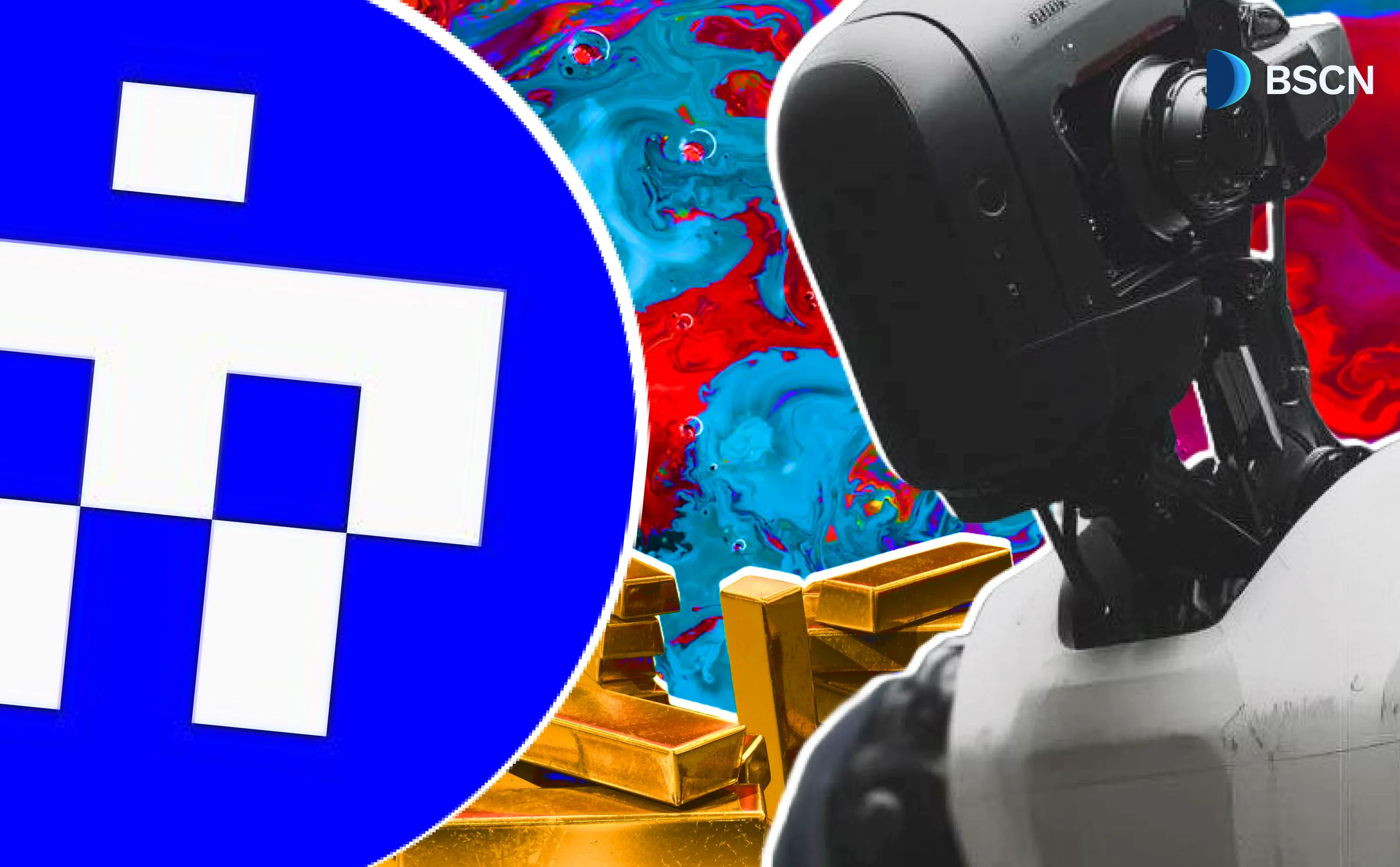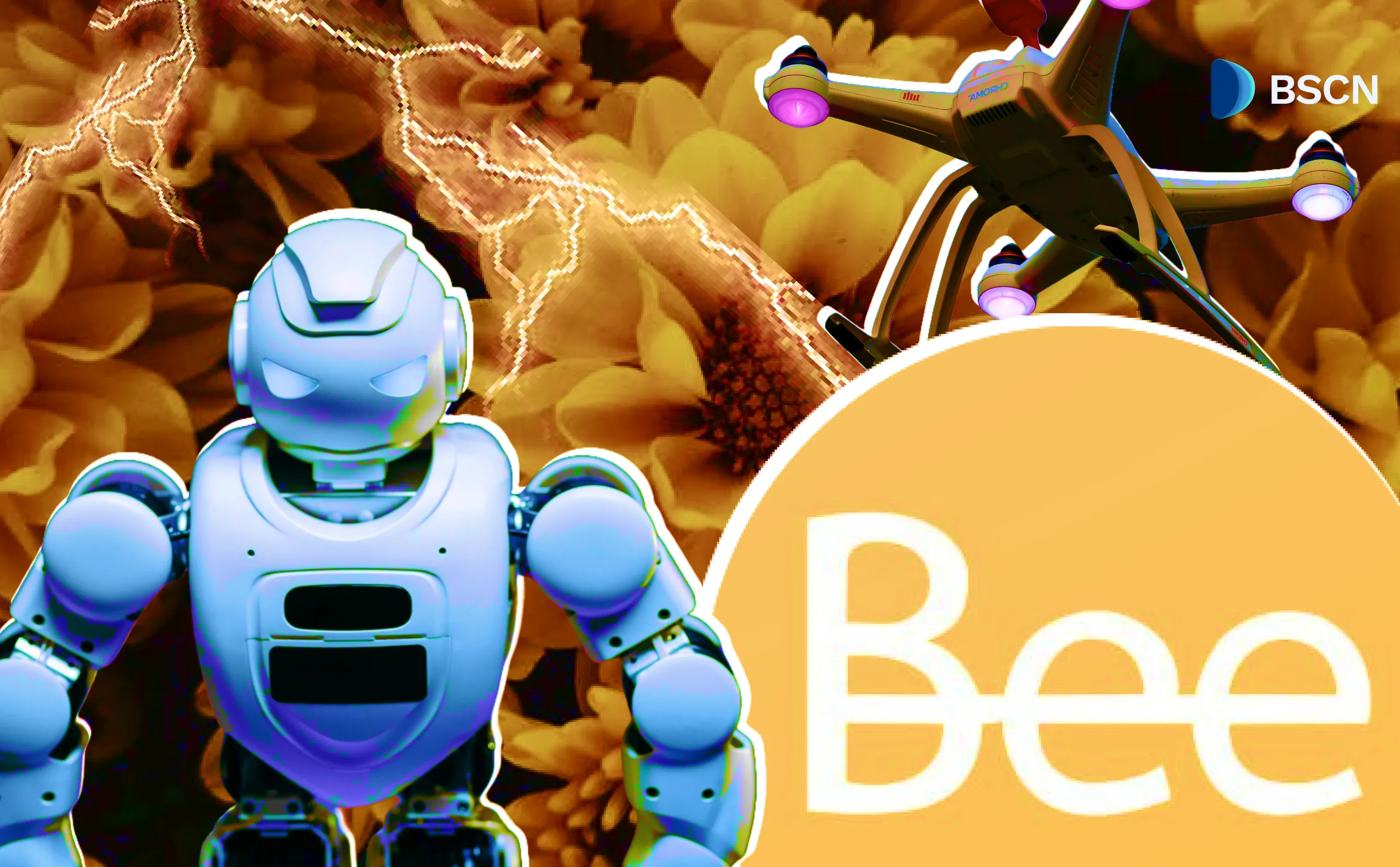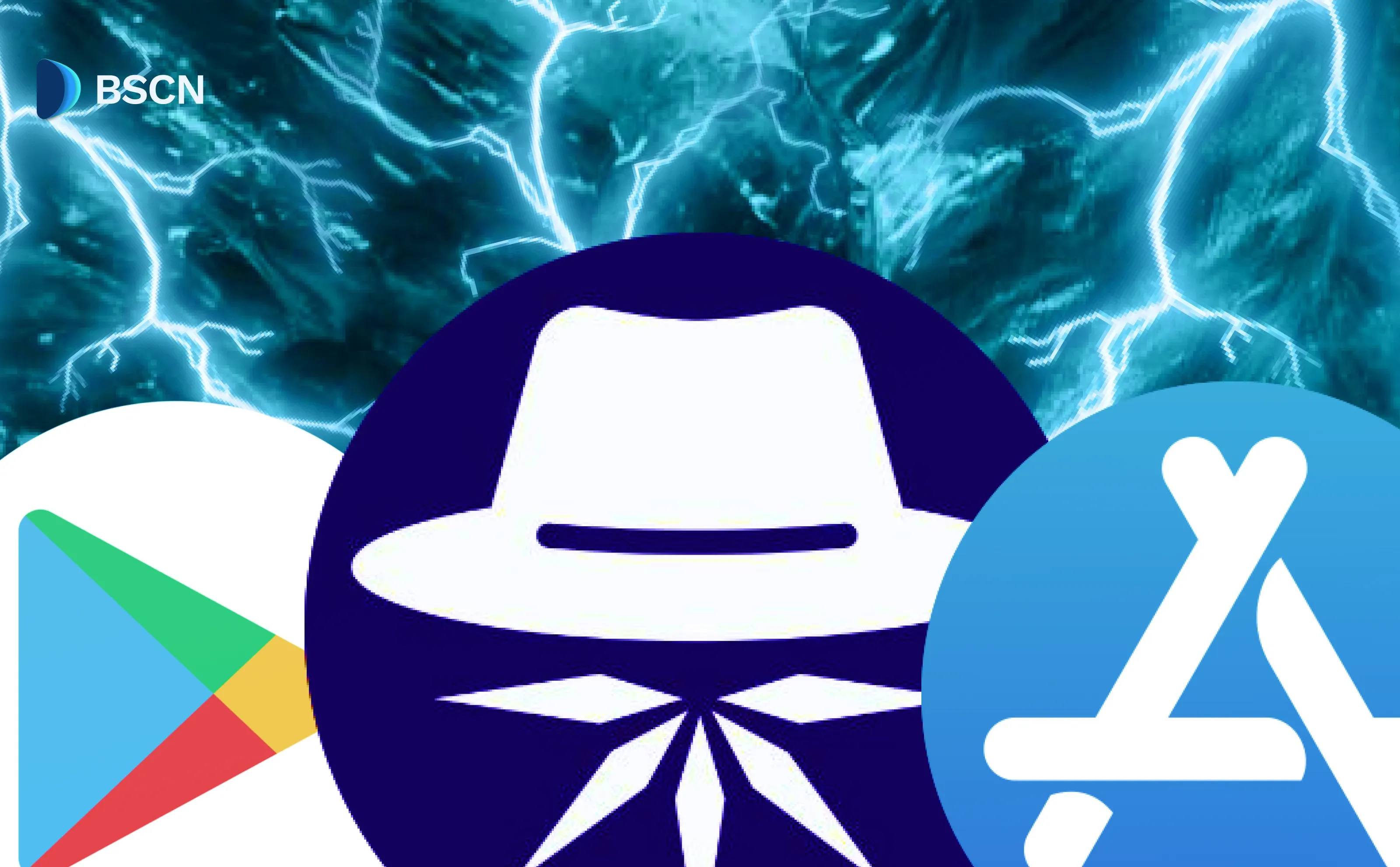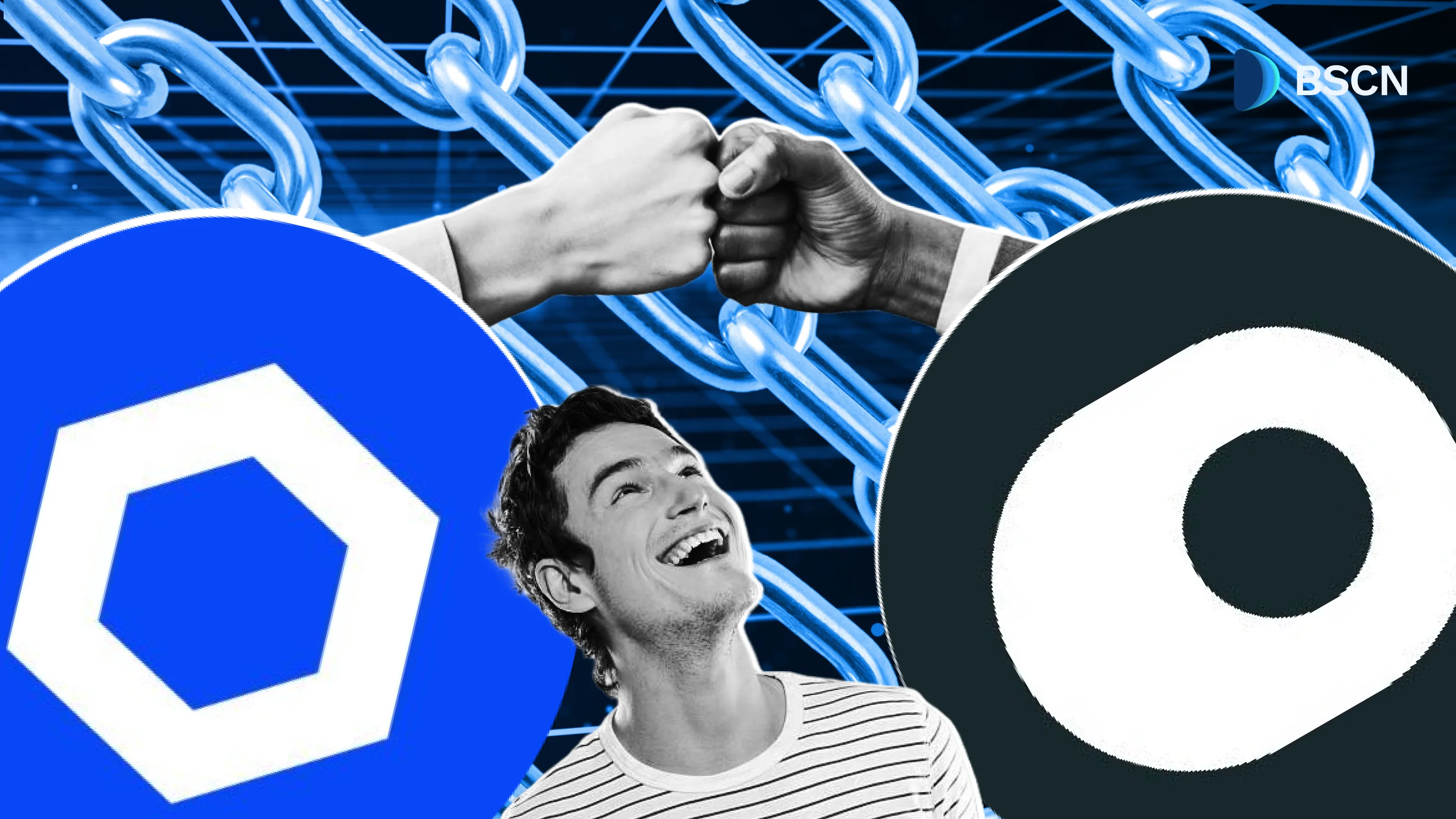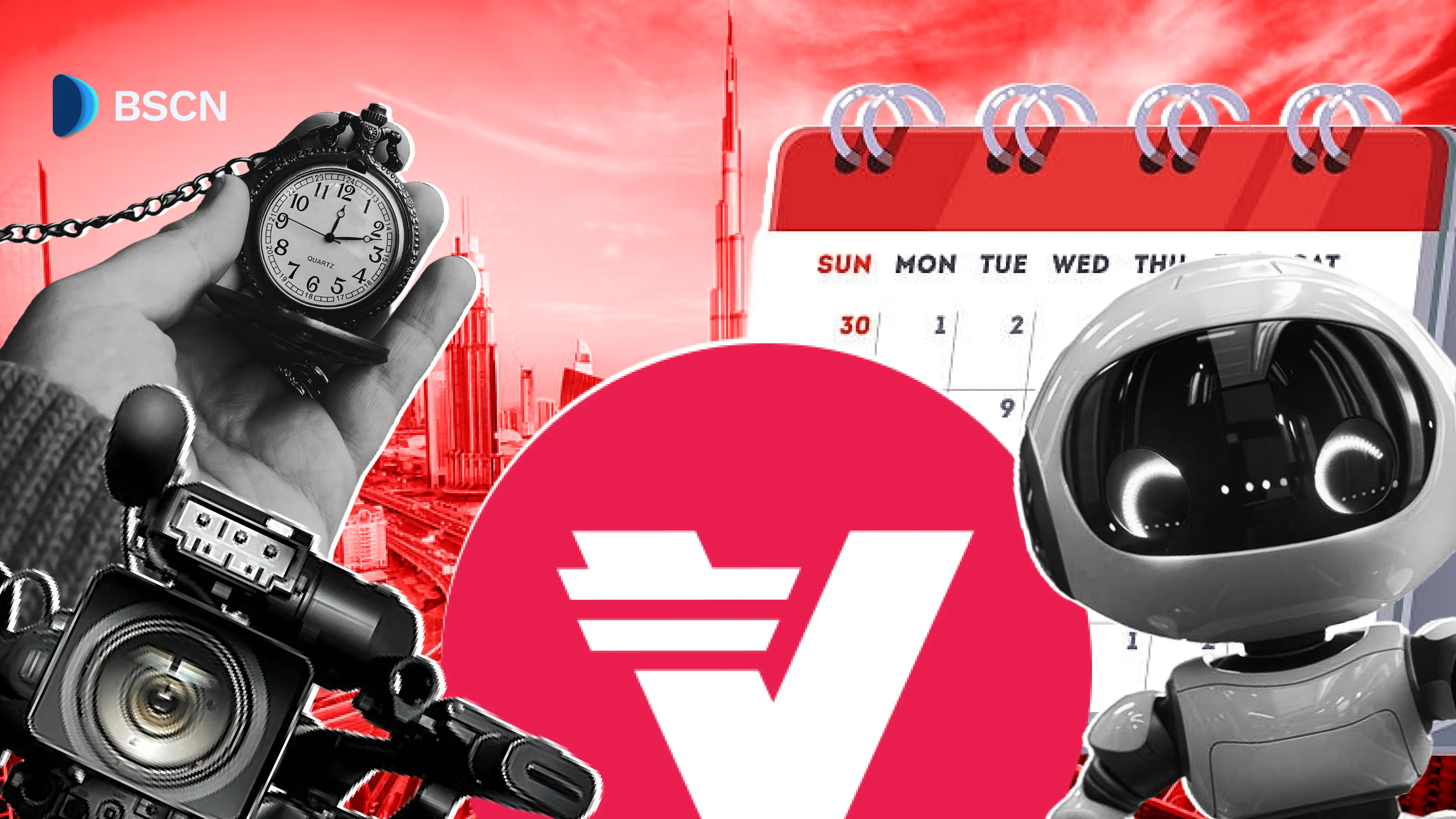WEB3
BSC News Roundtable: Soulbound Tokens – Stateless Society or Digital Dystopia?

The opinions of BSC News staffers on soulbound tokens are varied, with some fully on board and others raising questions about privacy and security.
BSCN
October 10, 2022
BSC News Roundtable on Soulbound Tokens
Welcome to the BSC News Roundtable, where we leverage the expertise of our staff (inside and out of the newsroom) to discuss important topics in blockchain and crypto.
In this first edition, the subject of conversation was so-called “soulbound tokens,” which are, in essence, non-transferable digital assets that can be used as a blockchain user’s proof of identity, among other emerging utilities.
Ethereum Co-Founder Vitalik Buterin floated the idea of soulbound tokens in January, and the world’s largest crypto exchange Binance recently released the first soulbound token on BNB Chain, called the Binance Account Bound token ($BAB), exclusive to Binance users who have undergone the exchange’s KYC process.
The opinions of BSC News staffers on soulbound tokens ranged across the spectrum, with some fully on board with this brave new digital future, some raising serious questions about privacy and security, and others preferring to adopt a wait-and-see approach.
One thing that was agreed upon is that the concept of soulbound tokens is exciting and the potential applications could be world-changing. Whether that’s for better or for worse, well, here’s what everyone had to say:

Chung Yee, BSC News Journalist based in Malaysia with a background in law and experience researching for the legal and compliance industry
“One of the hallmarks of a decentralized ecosystem is a trustless society. The introduction of a soulbound token to bring trust into the equation in any Web3 interaction appears to offend this very principle.”
“In principle the idea of absolute anonymity is a utopian concept, an ideal at best. It brings back memories of the days when CZ repeatedly announced to the world that Binance has no central place of business and it operates in a seamless and borderless world. He is no longer singing that tune today. Similarly the ideals of Web3 and privacy will also suffer the same fate.”
*****

Kyle Heise, BSC News Director of Content based in California with a background in diplomacy, linguistics and technology, and a penchant for meme projects
“I first heard about soulbound tokens through, I think it was a tweet from Vitalik a few years ago, but the idea kind of died away. Then I did an interview with a group called Blocks DAO who talked about the importance of being able to verify something on the blockchain, whether that be a license, a certificate or whatever. Being able to prove and verify that on a blockchain will be immensely important moving forward, in order to move to a stateless society.”
“What I see as the influence of soulbound tokens is the ability to take away from a state or government actor the role as an intermediate layer to verify what people are capable of doing and verifying essentially somebody’s qualifications to do an action.”
“I think this is going to be a huge step in pushing forward the crypto world into mass adoption. I think it’s something we can’t overstate where we’re going to, with soulbound tokens.”
“I can't be more excited about it.”

Pranav Vadehra, BSC News Editor based in India, with a background in technology and experience in several jurisdictions, including UAE
“The main thing with soulbound tokens is it’s the biggest use case the crypto industry is finding that can really drive mass adoption.”
“It’s also a move away from financialization, where the soulbound tokens are more about proving ownership or proving origins, which are nontransferable.”
“I think it’s a great move. The industry so far has always been about privacy and anonymity. This is a way to move away from that and bring more trust into the decentralized society. I think overall it’s a great move, but it remains to be seen how they will actually implement it.”
*****

Ramsha Naushad, BSC News Journalist based in India, with a passion for Web3, crypto and DeFi and an academic interest in blockchain utility for social services
“People have a digital wallet they can use to store different aspects of their life. For example, I can save all my college history, or I can save the medical history of my parents. I really look forward to the developments with soulbound tokens and look forward to seeing the benefits of that. I really want to know, what exactly are the use cases? What are the practical benefits of it? It looks great on paper.”
*****

Gairika Mitra, BSC News Journalist based in India, with a background in tech and journalism, and experience with several publications covering regions across Asia
“I probably have an aggressive stance on this topic because I come from a place where the government is still debating cryptocurrency rules and regulations. Every time there’s something new, we see the government not issuing a green light, and not being too favorable.”
“Personally, I value my privacy above everything. When COVID struck in 2020, there was this emergence of telehealth where you were not allowed to visit a doctor everytime you had a problem with your health. Your old medical records were digitized, but we have seen a number of ransomware attacks and a number of times the data was compromised. As a person I would not want it for myself. I would not want it for anyone in my family.”
“I’m a technology buff. I love reading about technology. I am very, you know, gaga about technology. If this works, well, no one would probably be happier than me. But as of now I am really, really skeptical.”
*****

Soumen Datta, BSC News Journalist based in India, with a background in laser physics and an interest in DeFi, P2E gaming and NFTs
“I think soulbound tokens can play an important role in a country like India in bringing all of the aspects of our life, like education, job or health records, onto one platform.”
“This will be great in India. Like, now if we go to any hospital, they will check our hospital records and it will take a very long time. If you can get all these records on a single platform, the the nursing professionals or doctors can check all those records. I think it can play an important role in saving a lot of time. And you know, in health, a lot of emergencies happen.”
*****

Samuel Mbaki, BSC News Journalist based in Kenya, with a background in writing and journalism on many topics, including crypto
“Just yesterday I was reading this op-ed on why do we need to decentralize everything. Why do we need to move the whole web, as it is today? Why do we need to have a Web3 version of it. It got me thinking because we are trying to put so much stuff on blockchain when the technology, as it is today, is not ready to handle it, when it comes to regulatory concerns, on broad acceptance from people, on education about how the tech works. These are things we need to address, before we start to think about moving the entire identity of human beings onto the blockchain.”
“Say, for example, I get a soulbound token, and we understand that information on blockchains is immutable. So what happens if, at some point in my life, I want information removed, or I don’t want that information to be on the blockchain or the internet anymore? These are concerns that people need to address before they start thinking of moving their educational records, their health records, their employment records onto the blockchain.”
“A lot of protocols are prone to hacks. Say I give all of my KYC, I give my house address, I give everything about myself, to a protocol or a project, and they give me an NFT. What if someone hacks into it and they get all of my information? What is to become of me at the end of the day?”
*****

Andrew Sawa, BSC News Journalist based in Nigeria, with a background in fintech and an interest in blockchain and Web3
“The whole soulbound token opens up a new way of verifying the on-chain reputation and credentials of users within a blockchain, and this is a really valuable use case for many projects. Regardless, privacy is a fundamental human right, and I think there will be more modifications to the tokens in practice.”
“I’m really optimistic and looking forward to updates, modifications and what might just come out of this at the end of the day.”
*****

Trent Rhode, BSC News Journalist based in Canada, with years of experience writing about blockchain and crypto
“I share both the enthusiasm and the concerns from everyone else. I think it would be really important that you could make it private and to limit the public uses of it. I’d be concerned about social credit scores coming about from it or something like that. If different aspects of your history can be viewed by governments, or even corporations, that could then dictate what you could or couldn't do. Which seems a bit conspiratorial, but at the same time, they're doing it in China. You'd be concerned in some countries more than others, but you never know what a government is going to be like in the future in your country. Or what power corporations have to limit your access to funds or things like that.”
*****

Patrick Brendel, BSC News Editor based in the Cayman Islands, with a background in many aspects of journalism and an interest in blockchain and crypto
“I have mixed views. Privacy is so essential. I didn’t realize how important privacy was to me until I left the U.S. And then all of a sudden, Visa isn’t tracking me. They don’t have cameras everywhere and the military isn’t standing around, pretending that they’re protecting you and all that kind of stuff. Personally, I wouldn’t be getting any account bound token associated with me at all. Because once you do that, cat’s out of the bag. So even though now it sounds great, and you’re getting the NFT drops, and you’re doing this, you don’t know yet what could happen.”
Latest News
Crypto Project & Token Reviews
Project & Token Reviews
Comprehensive reviews of crypto's most interesting projects and assets
Learn about the hottest projects & tokens

